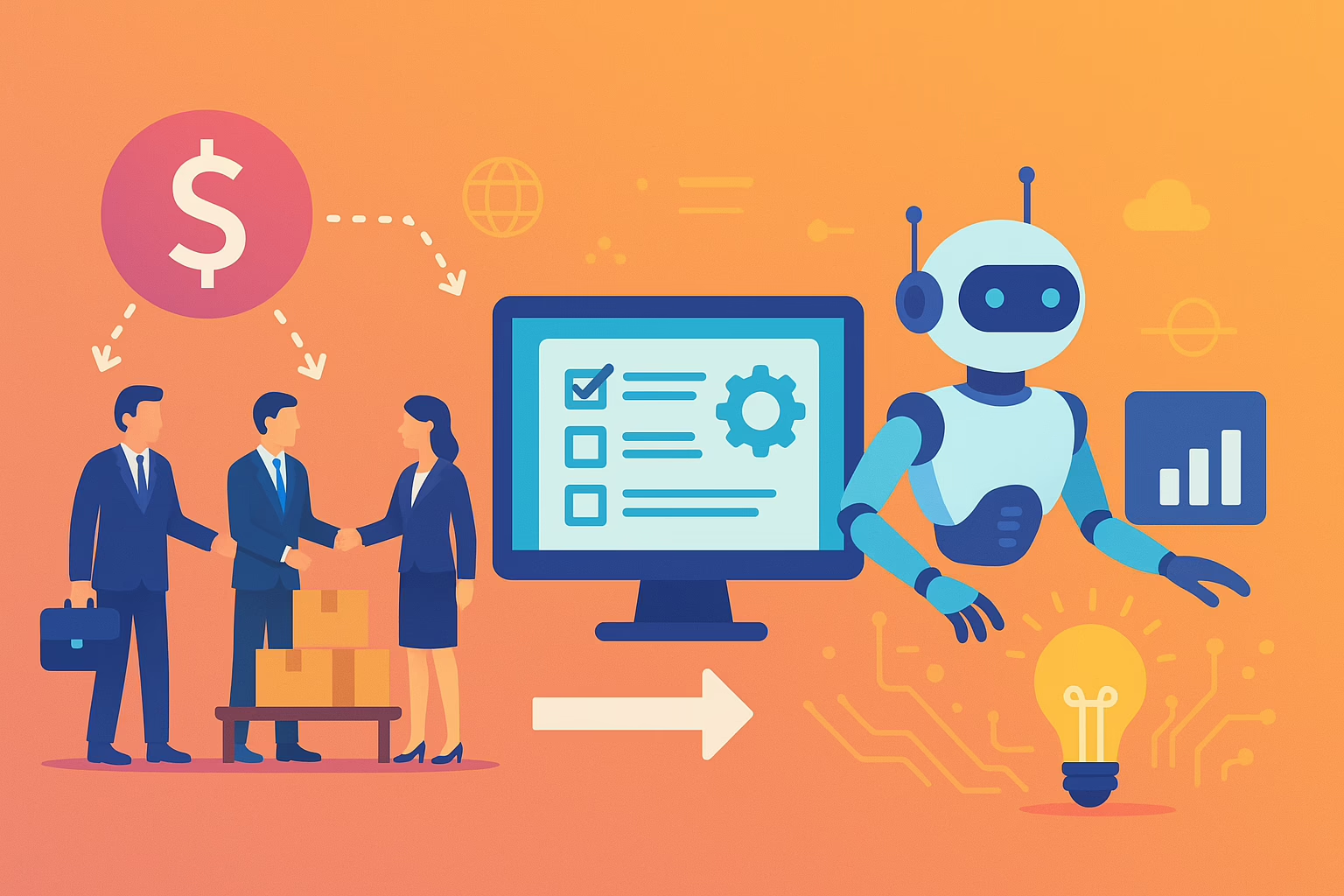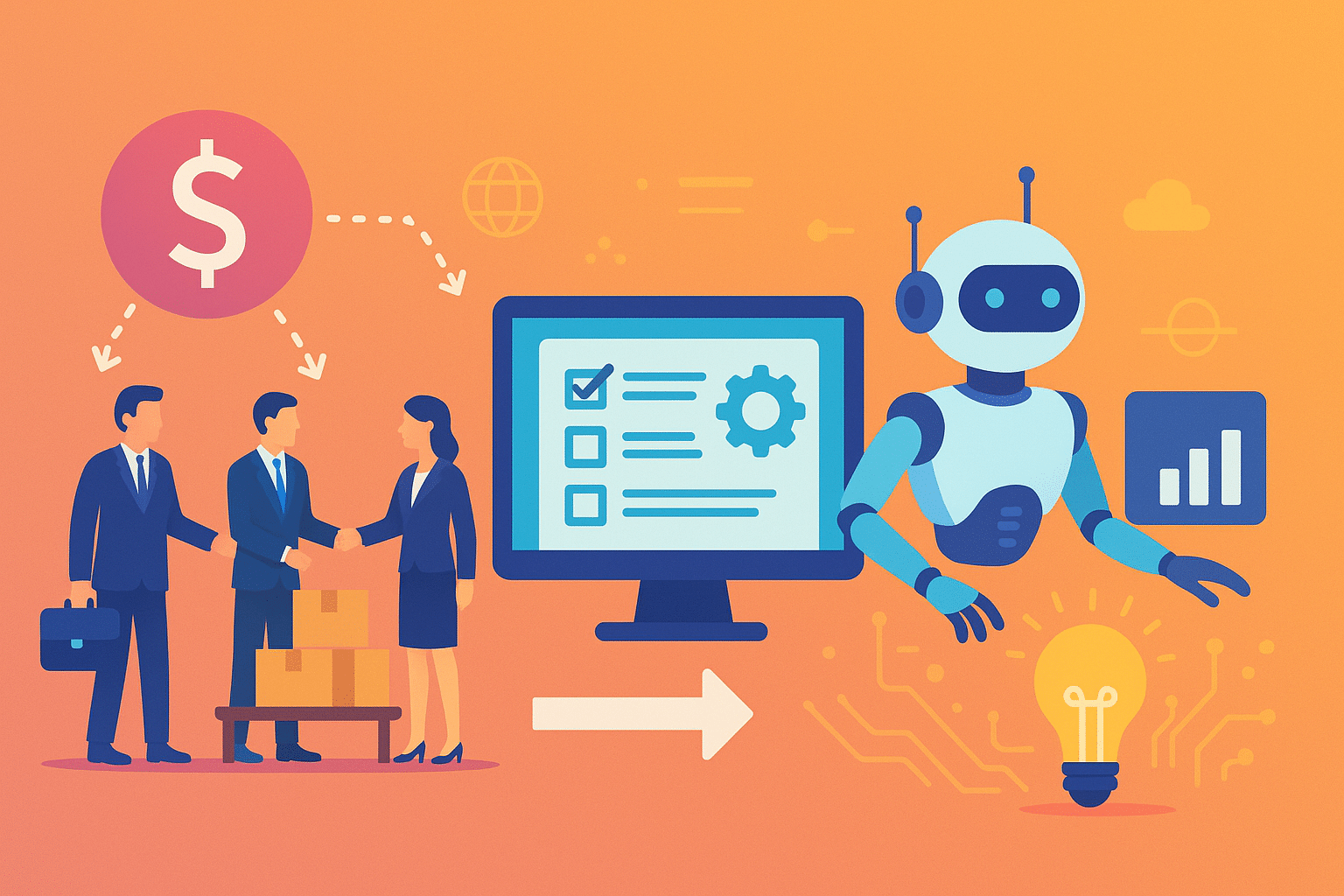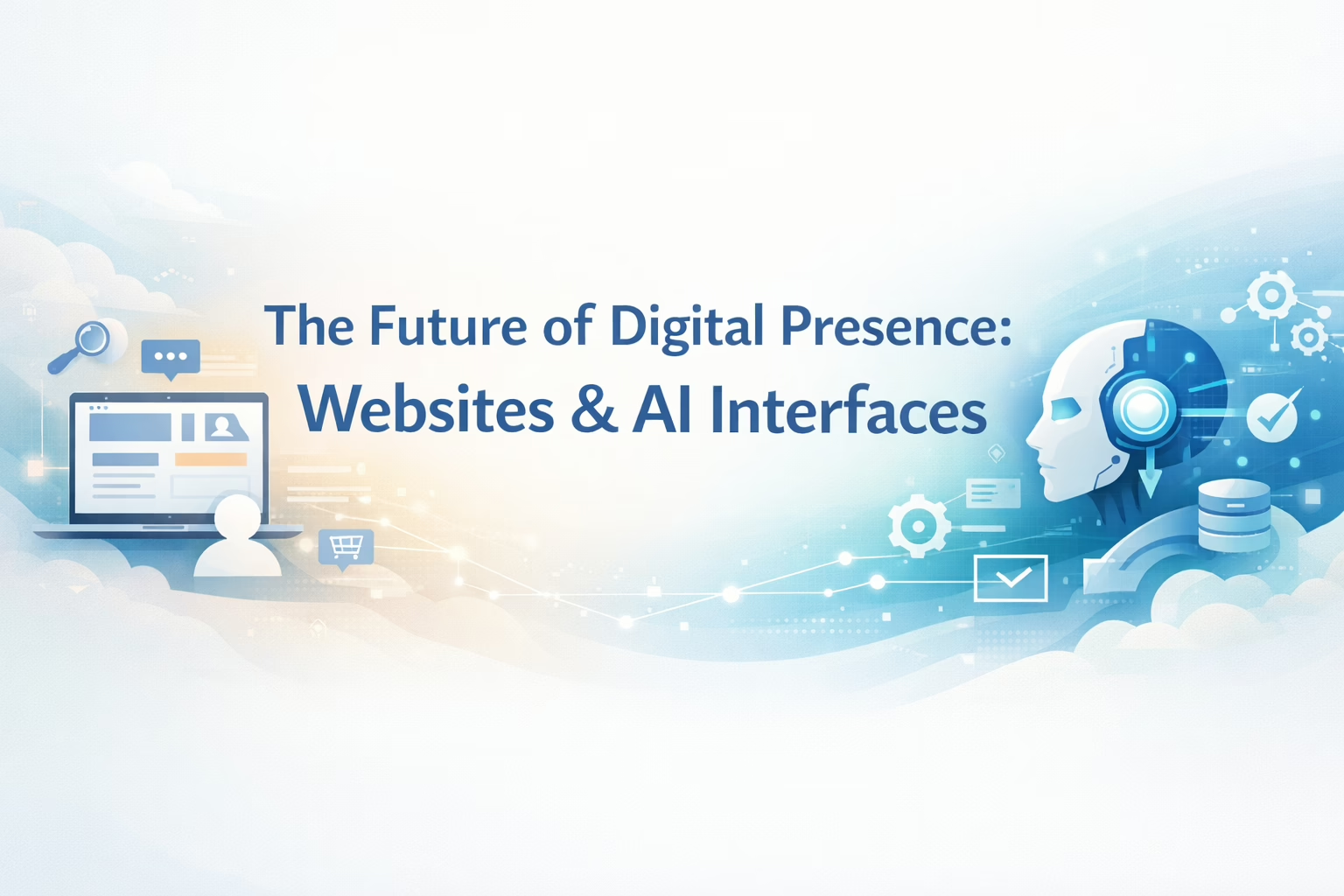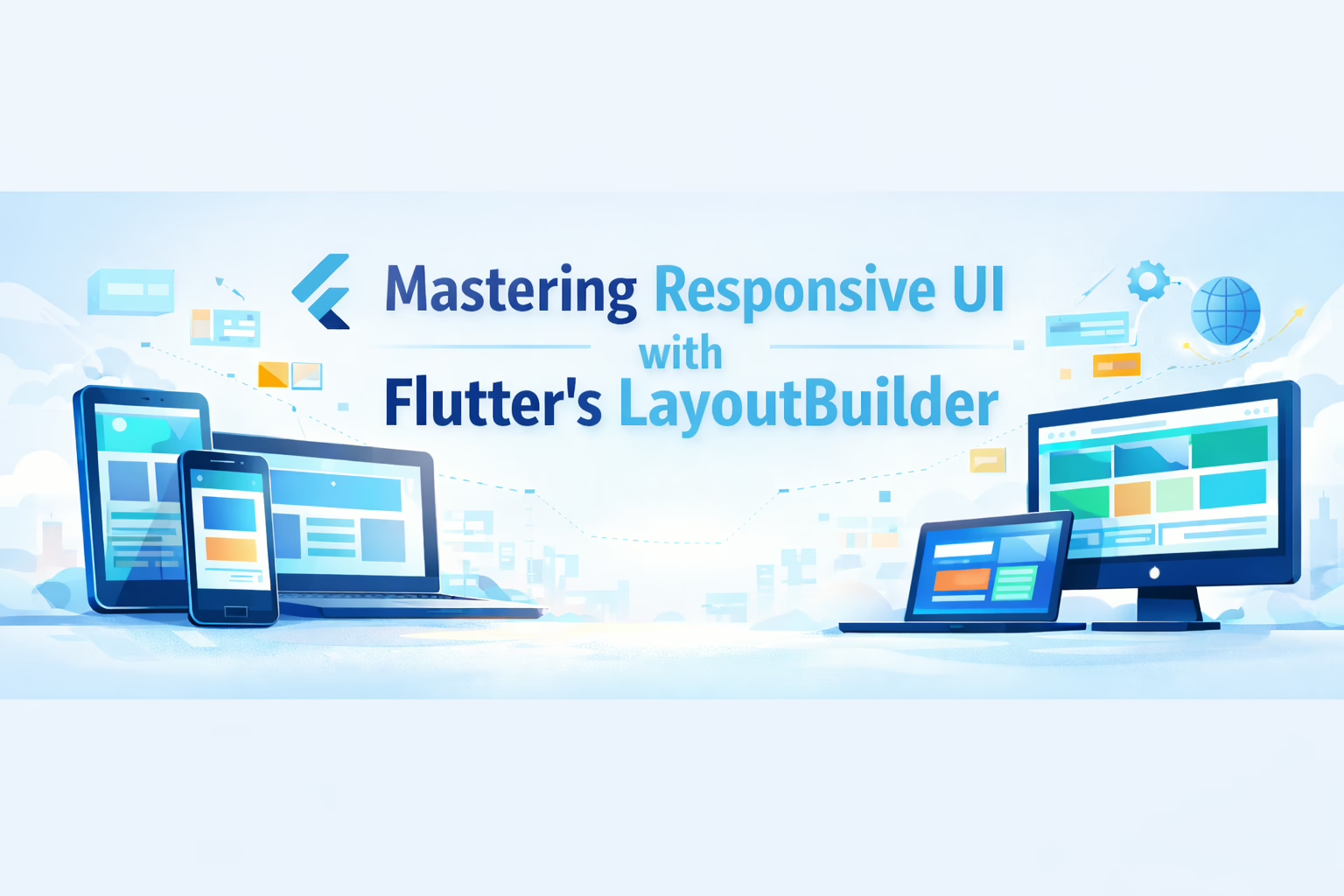Procurement and supply chain management are the lifelines of global commerce. Traditionally, the procurement process has relied heavily on middlemen—agents, brokers, and distributors—who connected buyers and suppliers. While this system once provided efficiency, it is increasingly outdated in a digital-first economy. Costs are inflated, transactions are slowed, and businesses lack transparency.
As companies move toward digital procurement transformation and AI in supply chain management, one truth is clear: the commerce of middlemen is ripe for disruption. Artificial intelligence in procurement is emerging as a powerful force, reshaping how organizations source, purchase, and manage supplier relationships.
Problem Statement – The Middleman Challenge in Procurement
Middlemen dominate both the supply chain procurement process and the business procurement process. While they offer convenience, this reliance comes with significant challenges:
- Cost Inflation – Markups, commissions, and fees in procurement operations raise end-user prices.
- Information Asymmetry – Buyers lack visibility into suppliers, making procurement intelligence difficult to access.
- Slow Procurement Workflow – Manual processes delay the purchasing and procurement cycle, harming efficiency.
- Limited Market Access – Small suppliers struggle to enter procurement ecosystems dominated by entrenched intermediaries.
This creates a supply chain that is costly, inefficient, and resistant to change—a system in urgent need of procurement automation and AI purchasing solutions.
AI-Driven Solution – Procurement Agents that Eliminate Friction
The rise of AI in procurement and supply chain promises a new era of efficiency. Autonomous procurement agents and procurement automation tools can replicate and improve the functions traditionally performed by middlemen:
- Automated Procurement Workflow – AI systems streamline repetitive procurement steps such as supplier selection, contract management, and order processing.
- Procurement Analytics & Intelligence – Data analytics in procurement and predictive procurement orchestration provide transparency in pricing, demand, and supplier performance.
- AI Purchasing & Negotiations – Machine learning in procurement enables AI to negotiate contracts, identify cost savings, and optimize sourcing.
- Supply Chain Procurement Transformation – Integrating AI for supply chain management with procurement technology allows real-time, intelligent decision-making.
- Blockchain & Smart Contracts – Enhance trust and accountability across the procurement process in supply chain management.
Companies like IBM Supply Chain and IBM Procurement Services have already started embedding Watson AI into procurement workflows, showing how procurement technology trends can transform industries.
Outcome/Impact – Redefining Procurement and Supply Chains
The benefits of artificial intelligence in procurement extend far beyond cost savings:
- Procurement Automation → Faster transactions with less manual effort.
- Procurement Data Analytics → Improved transparency and real-time insights.
- Lower Procurement Costs → Reduced reliance on intermediaries and markups.
- Smarter Procurement Function → Data-driven decision-making in supplier management.
- Expanded Supplier Access → Digital marketplaces powered by AI allow small businesses to compete globally.
- Procurement Transformation → A clear shift toward digitalization in procurement and autonomous procurement.
These outcomes create a competitive edge for businesses while ensuring consumers enjoy better prices, faster services, and more transparency.
Tips & Insights – Preparing for AI in Procurement
Organizations considering AI for procurement should take a structured approach:
- Define Procurement Goals – Clarify whether the aim is cost savings, transparency, or supplier diversity.
- Invest in Procurement Data Management – High-quality data enables procurement analytics use cases.
- Adopt Procurement Automation Tools – Start with repetitive tasks in the procurement workflow.
- Leverage Procurement Intelligence Companies – Partner with leaders like IBM Procurement to accelerate digital procurement strategy.
- Balance Technology & People – AI purchasing agents enhance efficiency, but human oversight remains critical in strategic deals.
Takeaway – A Procurement System Ready for AI Disruption
The commerce of middlemen has reached a breaking point. By embracing procurement automation, AI purchasing, and supply chain AI, AI Agents can redefine their businesses procurement function and unlock new efficiencies.
The best practice is to start small—experiment with procurement automation examples in low-risk areas, then scale to a full digital procurement transformation. The winners will be those who adopt artificial intelligence in procurement early, transforming procurement from a cost center into a source of strategic value.








